
Q&A: New NSF standard fills gap in cosmetic safety
The certification standard aims to establish defined benchmarks for safety substantiation, finished product testing and MoCRA alignment.
News & Analysis on Cosmetics Innovation

The certification standard aims to establish defined benchmarks for safety substantiation, finished product testing and MoCRA alignment.

From high-profile legal battles in sun care to billion-euro acquisitions and tightening scrutiny of product claims, this month’s top stories reflect a beauty industry balancing growth, innovation and accountability.

A lawsuit in federal court is challenging the labeling of a baby oil product marketed as ‘shea & cocoa butter oil’, alleging that the product contains less than 1% of the named ingredients and that its front label misleads consumers about its composition.

A recently filed false advertising class action lawsuit against Supergoop! is has drawn attention among stakeholders navigating ingredient-based marketing claims.

French beauty exports stall as global competition intensifies...

The National Advertising Division’s decision offers fresh insight into how performance claims for hair color products are being evaluated in the US market, particularly surrounding ingredient narratives and testing.

The UK’s Health and Safety Executive (HSE) has not classified talc as a potential carcinogen, while EU scientific bodies have flagged safety concerns that will most likely result in a usage ban.

This month’s global beauty news headlines encompass exciting innovations, regulatory pressures, and acquisitions with significant industry impacts.
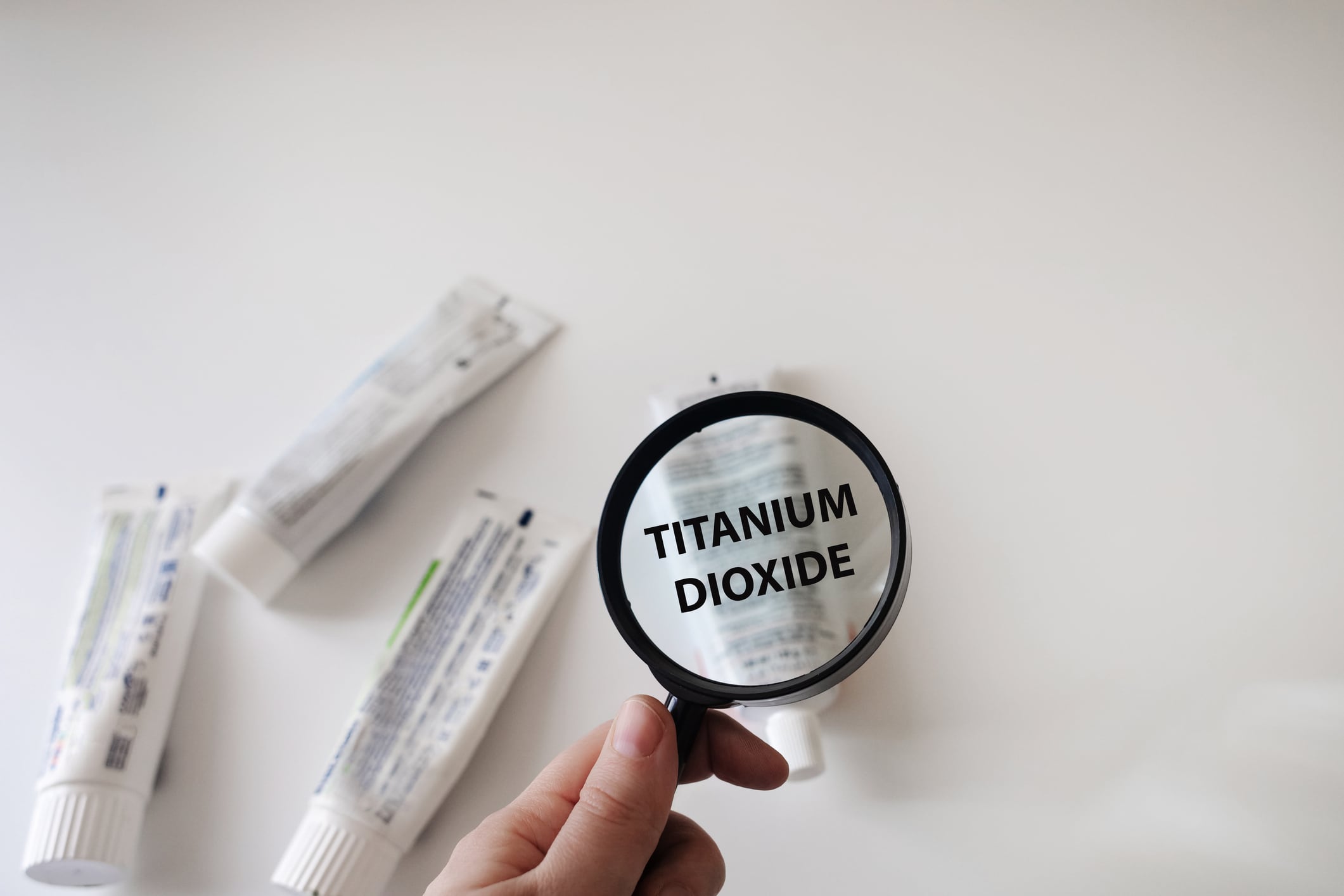
A recent decision permanently blocked new Prop 65 cancer-warning lawsuits related to certain uses of titanium dioxide in cosmetics and personal care products, removing a long-standing source of litigation and labeling risk for the industry.

After a recent US Trade Representative hearing, the Personal Care Products Council is reiterating that the USMCA’s Cosmetics Annex remains central to regulatory alignment, trade efficiency and supply chain stability for US cosmetics manufacturers and...

The US Food and Drug Administration says it cannot determine whether most perfluoroalkyl and polyfluoroalkyl substances (PFAS) used in cosmetic products are safe, citing major gaps in available toxicological data in a congressionally mandated review.

Thomas Myers shares his insights into how new FDA actions, regulatory advancements and fast-moving innovation pipelines are reshaping the cosmetics and personal care market heading into 2026.

Throughout 2025, CosmeticsDesign US welcomed over 116,000 unique visitors who generated more than 207,000 page views of news content, covering beauty industry regulatory updates, scientific innovation, and other relevant topics.

From premiumisation and skinification to a scalp care surge and the growth of dermocosmetics. We spoke to an expert at Euromonitor International to get a market overview of the haircare category’s potential for 2026 and beyond.

If finalized, it would mark the first new sunscreen active introduced to the United States market in decades, with potential significance for formulators seeking broader UVA coverage and improved photostability.

Formulating to tougher standards is costlier, but Kiyomi Skin CEO Daniel Struve argues it pays off in brand integrity and long-term loyalty.

Navigating Indonesia’s 2026 halal certification mandate, US beauty brands must adapt facility operations and supply chains for global market access, says American Halal Foundation director Mohammad Hussaini.

The Personal Care Products Council (PCPC) and the National Crime Prevention Council (NCPC) are urging cosmetics and personal care manufacturers to stay vigilant as counterfeit activity accelerates across online marketplaces, particularly heading into...

November’s global news roundup includes exciting announcements from the financial sector, intriguing regional industry data analysis, and more.
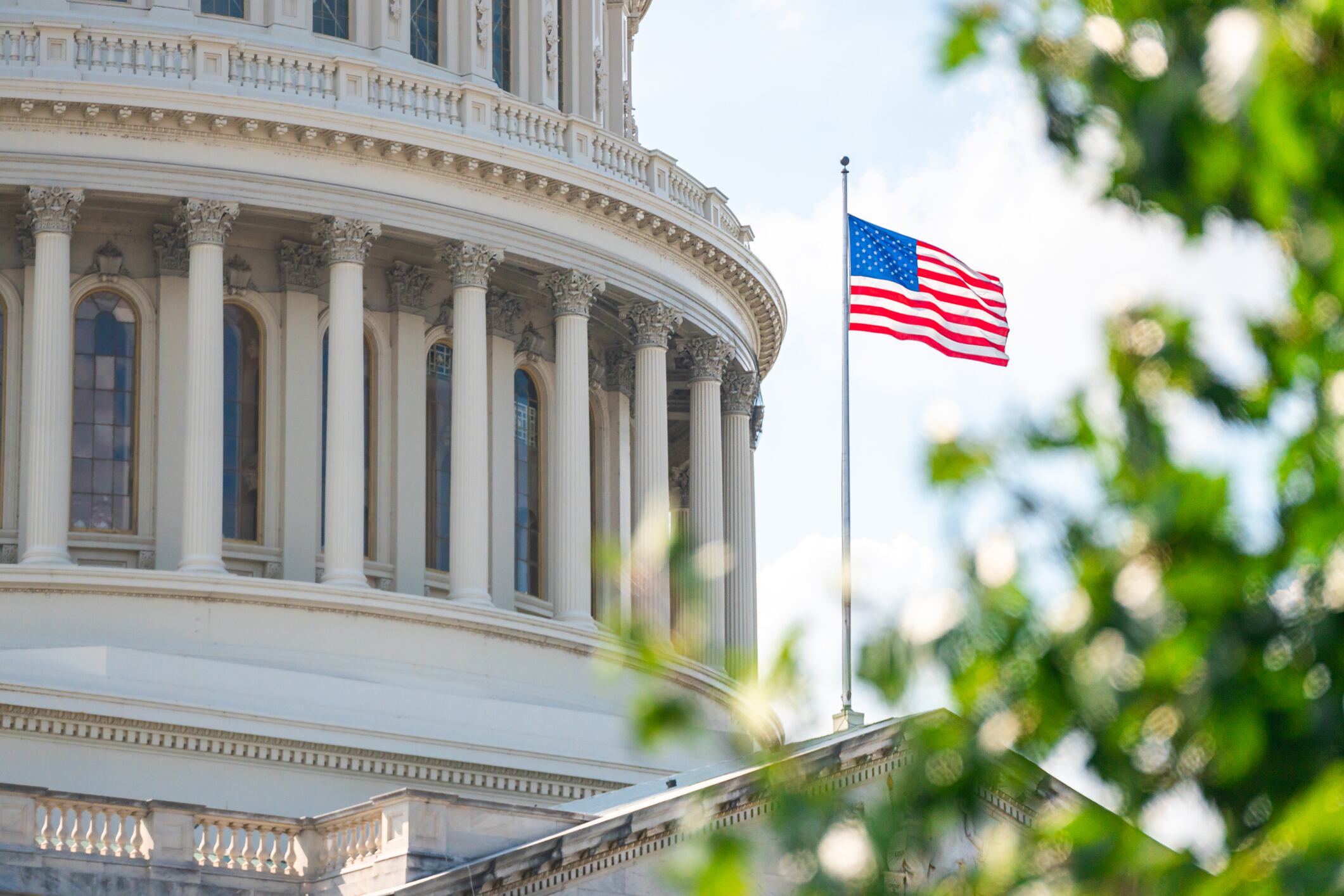
A portion of the recently passed legislation modernizes FDA regulations on over-the-counter sunscreen ingredients, promoting innovation and non-animal testing methods, while enhancing safety and efficacy standards.

In this CosmeticsDesign Q&A, we sat down with Phyllis Marcus, vice president, BBB National Programs’ National Advertising Division (NAD), for a deep dive into the year’s biggest oral care case.

Key findings from this year’s analysis include that 71% are verified safer (up from 65%), but despite this progress, the report’s authors noted that “gaps remain where innovation is needed across product categories, applications, and chemical functions.”
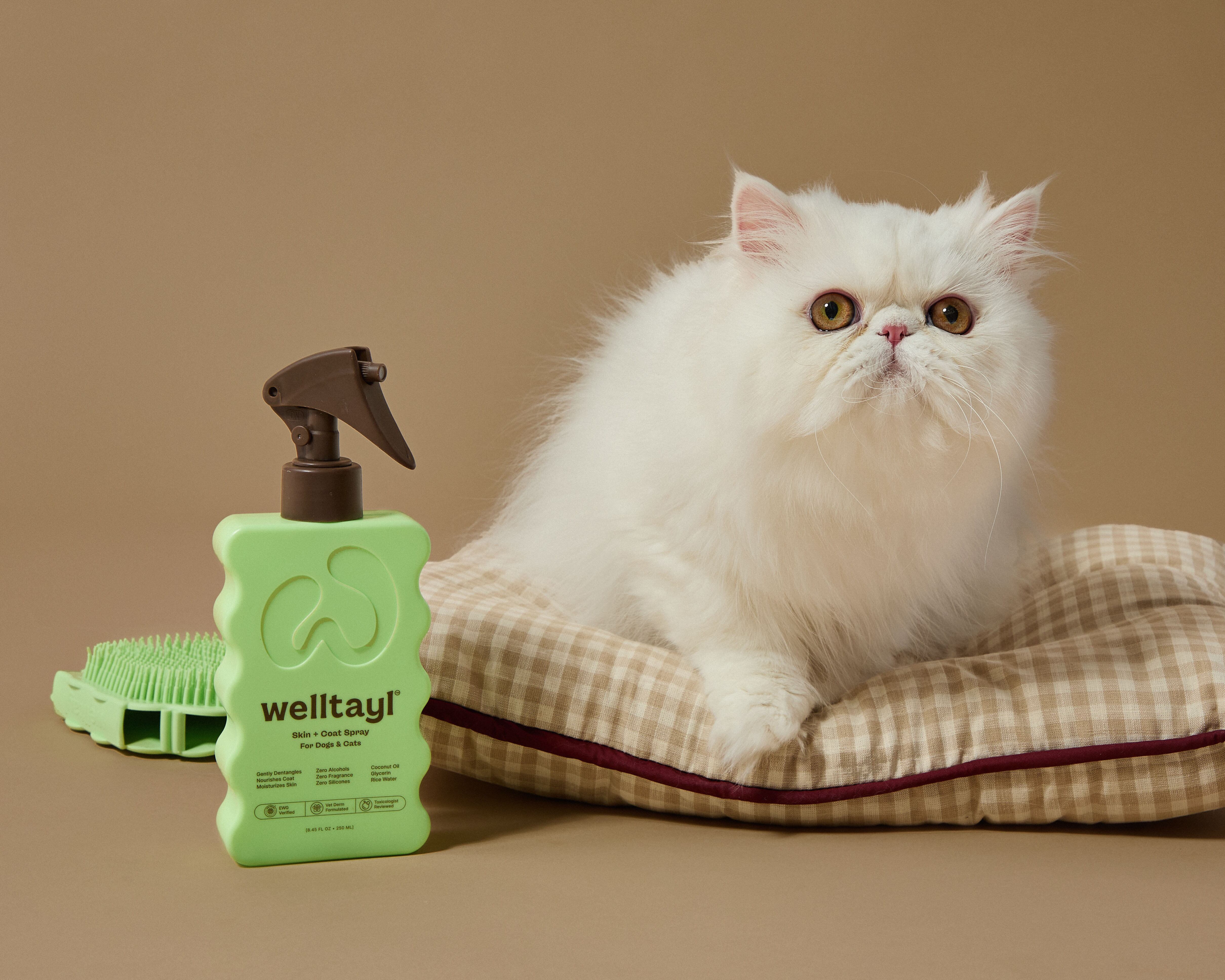
In this CosmeticsDesign Q&A, Welltayl’s co-founders discuss formulation strategy, ingredient vetting, and what personal care brands can learn from their approach.

New research shows how new skin-on-chip methods could potentially disrupt animal testing in the beauty and personal care industry.

As researchers explore new biological pathways, ingredient mechanisms, and delivery systems, the gap between cosmetic science and clinical performance continues to narrow.

‘The beauty and longevity revolution demands both breakthrough science and the infrastructure to deliver it,’ according to Geltor CEO. ‘PrimaColl is the first ingredient to nail both’

As regulatory deadlines loom and global competition intensifies, beauty industry leaders are pushing Congress for clarity, consistency, and science-driven reforms.

NSF certification milestone reflects growing demand for third-party validation in appearance and wellness supplements.

RIFM’s pilot study demonstrates how PB/PK modeling can help meet regulatory expectations for genotoxicity data while avoiding additional animal testing.

From Youthforia’s shutdown to OTC reform and California’s plastics law, these were the most-read CosmeticsDesign US stories shaping the beauty industry in Q3 2025.

This month’s roundup of CosmeticsDesign’s global coverage includes an in-depth look at scientific developments, sustainable innovation, and notable brand launches.

The EU’s microplastics regulation is driving North American beauty ingredient manufacturers and suppliers to innovate sustainable alternatives that do not compromise performance, as global consumer demand and regulatory expectations converge.

The European Commission has proposed a second delay to the enforcement of the EUDR, citing that its technology systems are not yet ready.

A comprehensive toxicological assessment has reaffirmed the safety of avobenzone, a key UVA filter in over-the-counter (OTC) sunscreens, when used at approved concentrations.
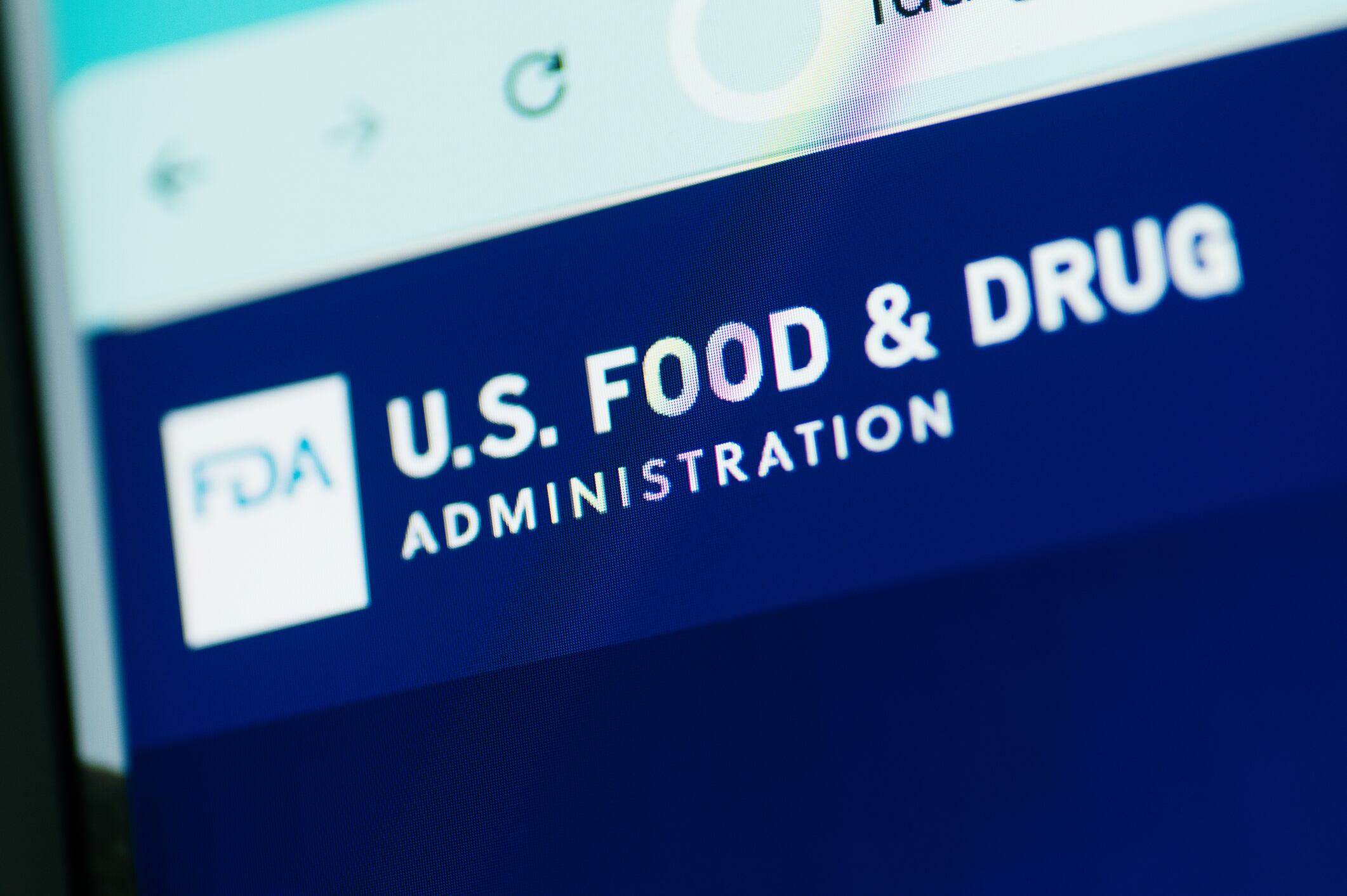
The new FDA tool has registered a sharp increase in adverse event reports following the implementation of MoCRA.

Gone are the days when clean beauty was an ambiguous buzzword. Changing EU regulations are making it the new normal, says one business expert.

In this CosmeticsDesign U.S. Q&A, we connected with legal experts from MG+M The Law Firm to dissect evolving state regulations on PFAS in cosmetics and more.

The American Society for Dermatologic Surgery Association’s (ASDSA) SUNucate initiative continues to gain momentum at the state level in the wake of several sunscreen-related wins in Congress.

Social media is fueling consumer demand for non-surgical procedures to deliver a more youthful appearance. Market research shows these patients are also seeking nutritional support to help accelerate the recovery process.

The ban builds on the state’s Toxic-Free Cosmetics Act of 2023.

This monthly snapshot of the latest CosmeticsDesign coverage from around the world includes regional retail launches, trend research and analysis, and regulatory insights.

The U.S. Food and Drug Administration (FDA) has issued warning letters to five personal care brands marketing mousse, whipped, or foam sunscreen products without FDA approval.

From packaging laws to the potential impact of the US-EU tariff deal, industry experts weighed in on a flurry of recent legislation proposals and legal decisions.

The EU animal testing loophole threatens progress for cruelty-free cosmetics, says PETA US.

The Senate HELP Committee’s unanimous passage of S.2292 moves the Over-the-Counter Monograph Drug User Fee Amendments closer to enactment, with provisions to modernize testing standards, streamline sunscreen approvals, and expand consumer access.

This roundup highlights the global regulatory actions, innovative ingredient launches, and compelling trend analyses dominating the beauty and personal care industry news cycle.
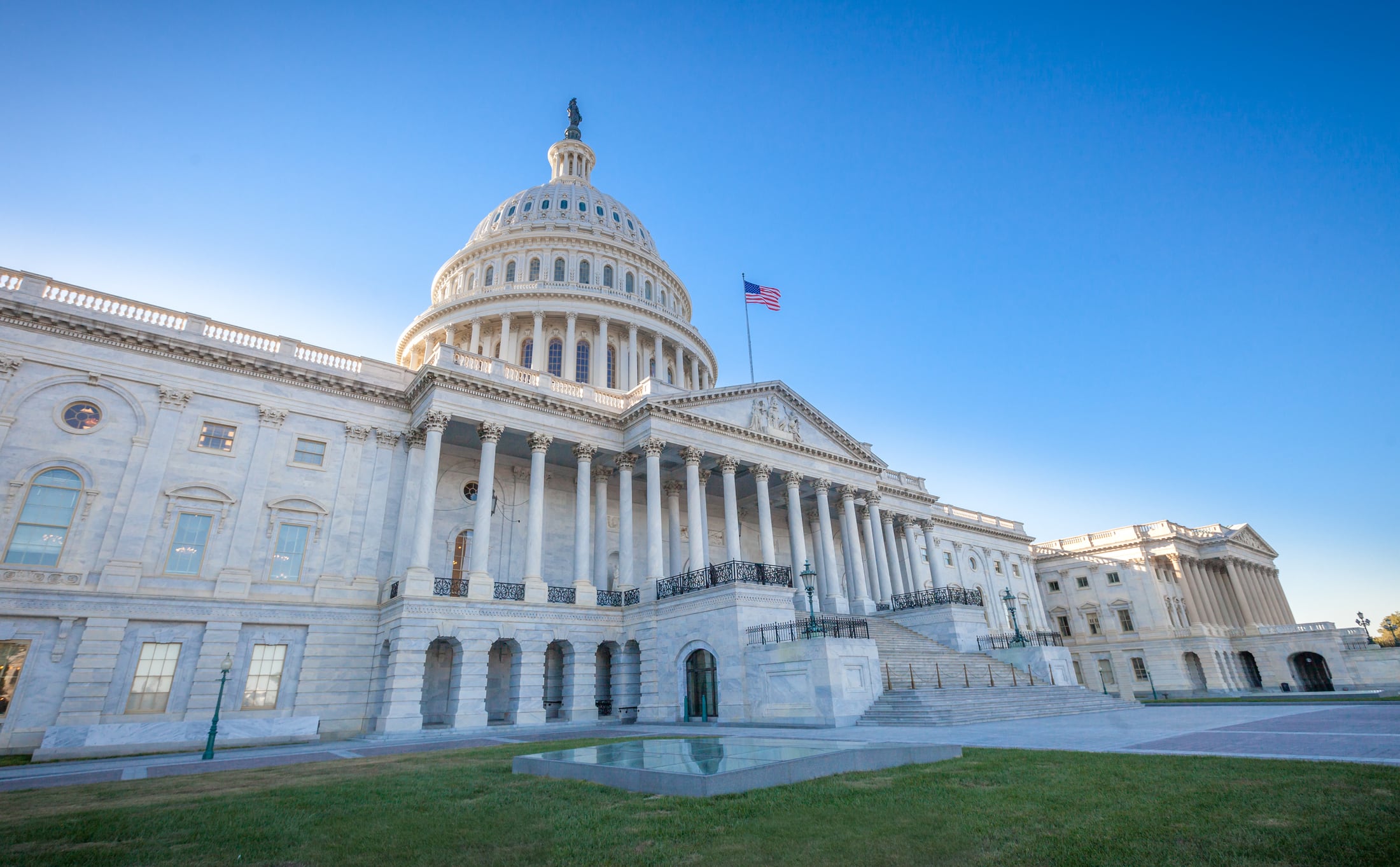
Lawmakers aim to bolster cosmetic safety with new regulations as ‘safe, accessible beauty cannot wait,’ according to bill sponsor Rep. Jan Schakowsky.

Insights from the expert panel on Access and Benefit-Sharing included legal uncertainty, overlapping obligations, and emerging regulatory trends.

The French cosmetics industry estimates that the agreement “could lead to an annual loss of 300 million euros and threaten up to 5,000 jobs in France.”

The case highlights the growing scrutiny of influencer marketing practices and the limitations of platform-based disclosure tools.